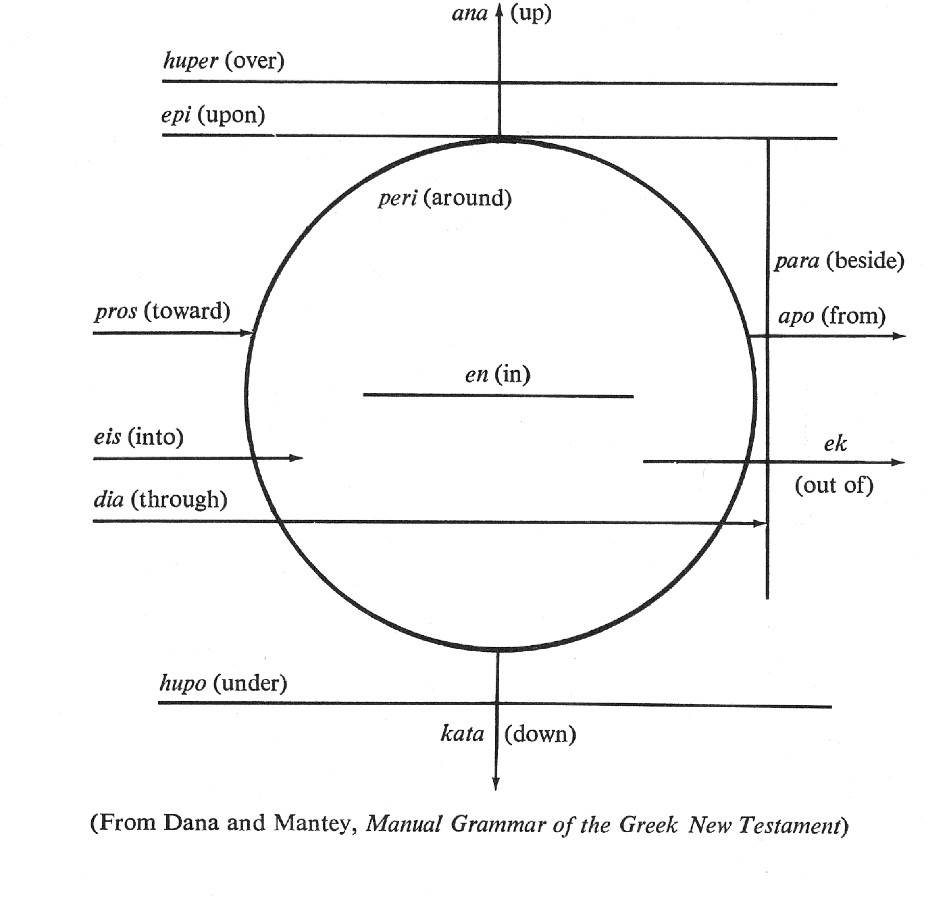- Α α (Alpha): Similar to the English “A”.
- Β β (Beta): Similar to the English “B”.
- Γ γ (Gamma): Pronounced like the “g” in “go”.
- Δ δ (Delta): Pronounced like the “th” in “this”.
- Ε ε (Epsilon): Similar to the English “E”.
- Ζ ζ (Zeta): Similar to the English “Z”.
- Η η (Eta): Similar to the English “long E” sound as in “bee”.
- Θ θ (Theta): Pronounced like the “th” in “thin”.
- Ι ι (Iota): Similar to the English “I”.
- Κ κ (Kappa): Similar to the English “K”.
- Λ λ (Lambda): Similar to the English “L”.
- Μ μ (Mu): Similar to the English “M”.
- Ν ν (Nu): Similar to the English “N”.
- Ξ ξ (Xi): Pronounced like “x” in “ax”.
- Ο ο (Omicron): Similar to the English short “o” sound.
- Π π (Pi): Similar to the English “P”.
- Ρ ρ (Rho): Similar to the English “R”.
- Σ σ/ς (Sigma): Similar to the English “S”.
- Τ τ (Tau): Similar to the English “T”.
- Υ υ (Upsilon): Similar to the English “U”.
- Φ φ (Phi): Pronounced like “ph” in “phone”.
- Χ χ (Chi): Pronounced like the “ch” in the Scottish “loch”.
- Ψ ψ (Psi): Pronounced like “ps” in “tips”.
- Ω ω (Omega): Similar to the English long “o” sound as in “go”.


![]()



